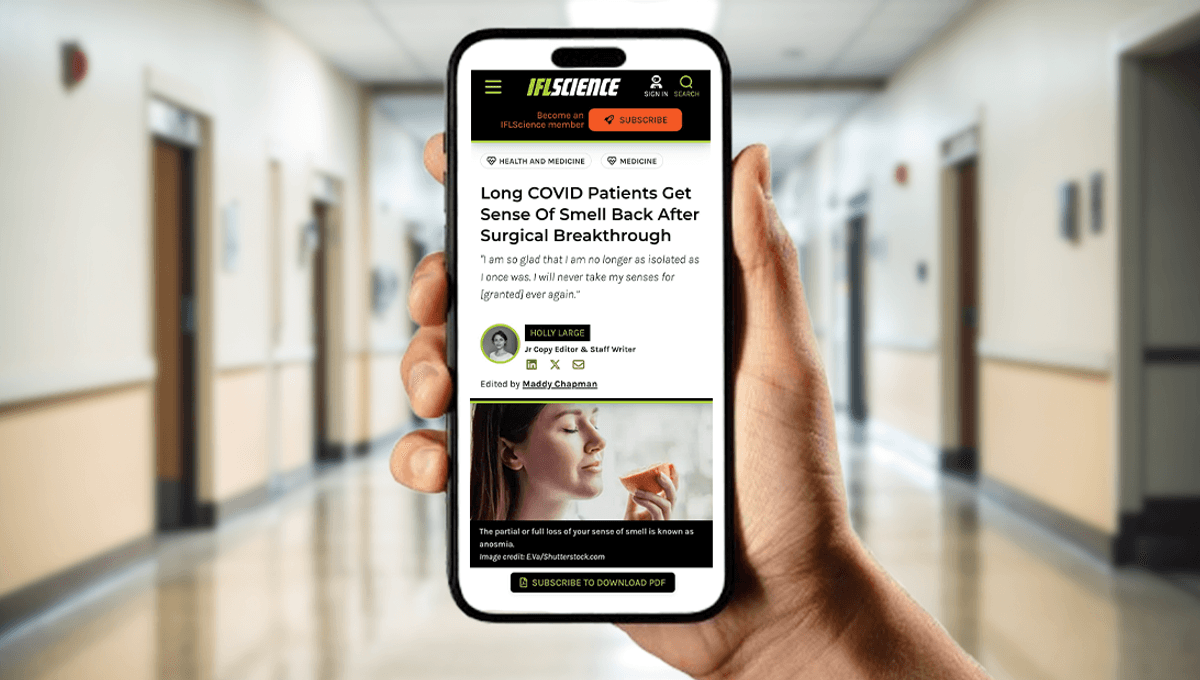
The secret to remaining mentally astute into old age? Keep reading – no, literally. New research has shown that cognitive decline is not inevitable. Frequently using literacy and numeracy skills – whether by checking an email, calculating the grocery budget, or reading a science news article – can keep the brain sharp and prevent decline in those areas.
ADVERTISEMENT
The study’s findings show that average literacy and numeracy skills tend to increase into the forties before declining. However, white-collar and higher-educated people who exercise those skills more than average continue to develop them well beyond their forties.
“Individuals with above-average skill usage at work and home on average never face a skill decline (at least until the limit of our data at age 65),” the study authors write.
This is a much cheerier conclusion than those of previous papers, which have suggested cognitive skills begin to decline from the age of 30 (and possibly even earlier). This may be thanks to the methodology. While the team analyzed data from representative population samples from Organization for Economic Co-operation and Development (OECD) countries comparing literacy and numeracy skills across different age groups, they also used information from the German longitudinal component of the Programme of the International Assessment of Adult Competencies, which allowed them to monitor the same participants over time.
The results from the representative population samples appear to confirm assumptions that decline can occur from early adulthood. However, those that compared the same individuals over 3.5 years contradict those findings. The researchers conclude that the former may reveal generational differences rather than age-related differences.
“Individuals across different ages also come from different cohorts and have thus experienced different histories of skill determinants, implying that these charts fail to describe the true patterns of the age-skill relationship over time for any individual,” the study authors write.
These findings may have important ramifications when it comes to the economic prospects of aging societies like the US. Not only are literacy and numeracy skills closely associated with individual earnings, they have also been linked to national growth rates. The study authors describe their findings as a “consolation” for countries that are experiencing aging populations – though it is not a reason to ignore the issue completely.
ADVERTISEMENT
“These results thus suggest that age-skill relationships of adults deserve policy attention, consistent with concerns about the necessity of lifelong learning,” they write.
Another finding that deserves continued exploration is the effect of gender on cognitive decline. The researchers found women tended to experience steeper declines as they aged, particularly when it came to numeracy skills.
The study is published in the journal Science Advances.
Source Link: Why Reading Science Articles (Like This One!) Can Help You Stay Mentally Young